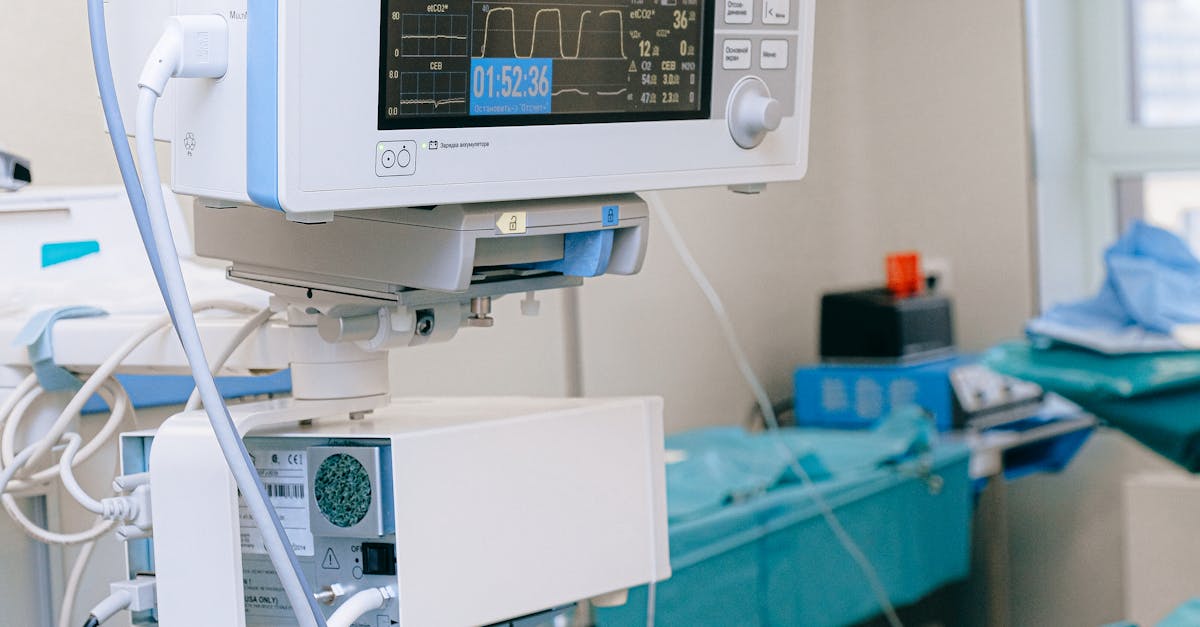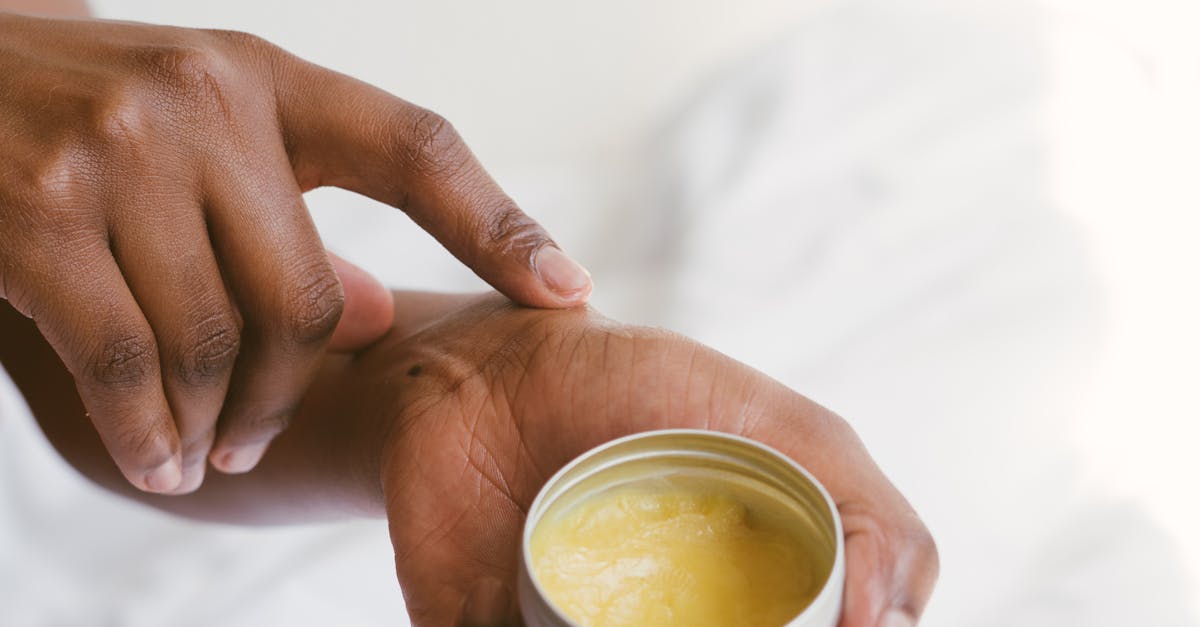
Seeking Professional Help
If you encounter unsolicited medical advice that makes you uncomfortable or uncertain, seeking professional help is a crucial step. It is essential to consult a healthcare provider for accurate and personalized guidance tailored to your specific health needs. Advice on medical treatment near me can vary, often leading to conflicting suggestions. However, a healthcare professional can assess your medical history and current condition to provide appropriate recommendations that align with evidence-based practices.
By reaching out to a qualified healthcare provider, you can address the issue directly and express your preferences regarding your healthcare decisions. Professionals in the medical field are equipped to offer reliable information and assistance, empowering you to make informed choices about your well-being. When faced with an influx of unsolicited advice, consulting a healthcare provider ensures that you receive guidance that is tailored to your individual health requirements and is grounded in medical expertise.
Consulting a Healthcare Provider
When faced with unsolicited medical advice, it is essential to consult a healthcare provider for professional guidance. Advice on medical treatment near me should always be sought from qualified individuals who have the expertise and knowledge to provide accurate and safe recommendations based on your specific health needs. Healthcare providers, such as doctors and nurses, can assess your medical history, current condition, and any potential risks to tailor appropriate advice that aligns with your unique requirements.
Seeking guidance from a healthcare provider ensures that you receive informed and personalized recommendations that take into account your overall well-being. By consulting professionals for advice on medical treatment near me, you can gain access to evidence-based practices and the latest advancements in healthcare, promoting the most effective and suitable interventions for your health concerns. Healthcare providers can offer insights, explanations, and potential alternatives that are grounded in medical expertise, empowering you to make well-informed decisions regarding your health and treatment options.
Addressing the Issue Directly
When faced with unsolicited medical advice, addressing the issue directly can sometimes be the most effective approach. Begin by calmly stating that you appreciate their concern but prefer to seek advice from your healthcare provider. It is crucial to assert your autonomy when it comes to your health decisions. Reiterate that you have a trusted healthcare professional who provides you with guidance tailored to your specific needs and circumstances. This approach helps establish boundaries and communicates that you value professional medical opinions.
In situations where you feel comfortable, you can gently remind the individual that "Advice on medical treatment near me" may not always be applicable as each person's health needs are unique. Emphasize that what works for one person may not necessarily be suitable for another. Politely but firmly express that you rely on expert advice personalized for your well-being and that you are satisfied with the current care you are receiving. This direct yet tactful communication can help prevent future instances of unwanted medical advice.
Express Your Preferences
When faced with unsolicited medical advice, it's important to express your preferences clearly and assertively. Politely but firmly let the individual know that you appreciate their concern, but you prefer to seek professional guidance when it comes to your health. You can mention that you have a trusted healthcare provider whom you consult for any health-related concerns and that you value their expertise. By setting this boundary, you emphasize that you are proactive about your healthcare decisions and prefer advice from professional sources.
Remember that while well-intentioned, not all advice on medical treatment near me may be suitable for your specific situation. Expressing your preferences signals that you are in charge of your healthcare choices and that you prioritize guidance from qualified professionals. By doing so, you can navigate conversations about unsolicited medical advice with confidence and clarity, ensuring that your health decisions are based on reliable information and expert recommendations.
Turning Down Advice
When faced with unsolicited medical advice, it's important to remember that asserting your boundaries is perfectly acceptable. You have the right to make decisions about your own health without feeling obligated to follow well-meaning but unwelcome suggestions. If you find yourself bombarded with unwanted opinions, remember that seeking advice on medical treatment near me should ideally come from a trusted healthcare provider who knows your medical history and can provide tailored recommendations based on your specific needs. Politely declining unsolicited advice is a way to assert your autonomy and ensure that the medical decisions you make are in line with your preferences and values.
Politely Decline the Suggestions
Sometimes, when faced with unsolicited medical advice, a simple but assertive response can effectively convey your boundaries. You might choose to politely decline such suggestions by stating that you prefer to seek advice from your healthcare provider. For instance, a firm yet courteous reply could be: "Thank you for your concern, but I prefer to consult with my healthcare provider for any advice on medical treatment near me."
Additionally, it can be helpful to express appreciation for the concern shown while firmly emphasizing your autonomy in making healthcare decisions. Asserting your intention to seek professional guidance can serve as a reminder of the importance of individualized medical advice and care. By gracefully declining unsolicited advice and reiterating your preference for consulting a healthcare provider, you assert your agency in matters pertaining to your well-being.
FAQS
How should I respond to unsolicited medical advice from friends and family?
It's important to remember that everyone means well when offering medical advice, but it's also important to consult a healthcare provider for professional guidance.
What is the best way to address the issue of receiving unsolicited medical advice?
One effective way is to express your preferences and let others know that you prefer to consult with a healthcare provider before making any decisions about your health.
How can I politely decline unsolicited medical advice without offending the person offering it?
You can politely decline the suggestions by thanking the person for their concern and letting them know that you have a healthcare provider whom you trust to guide you in such matters.
Should I feel obligated to follow unsolicited medical advice?
No, you are not obligated to follow unsolicited medical advice. It's important to trust your healthcare provider and seek their guidance for any medical concerns or advice.
What steps can I take to ensure I am seeking professional help rather than relying on unsolicited medical advice?
Consulting a healthcare provider is key to ensuring you are receiving accurate and personalized medical advice. Be proactive in seeking professional help for any health-related concerns.







